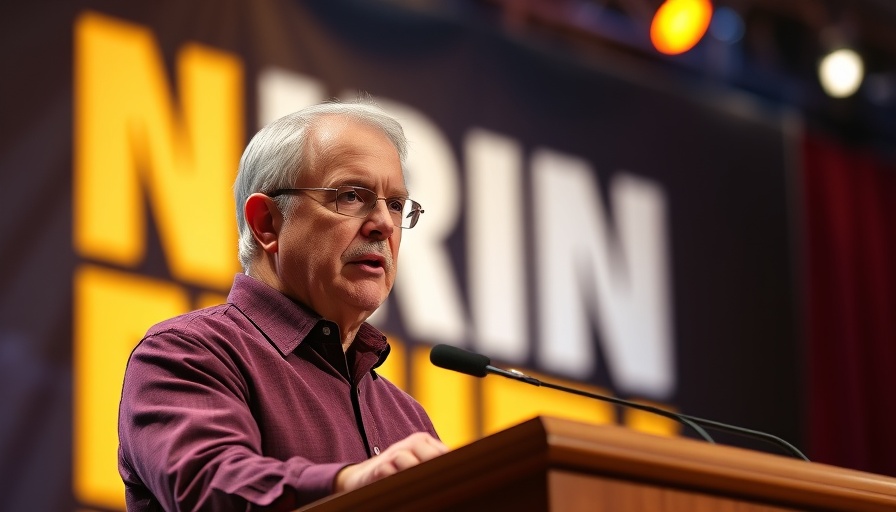
Zionist Group Takes Action Against Massachusetts Teachers Association
A pro-Israel organization, the Zionist Organization for America (ZOA), has filed a complaint against the Massachusetts Teachers Association (MTA), claiming that the union has fostered an environment of discrimination against Jewish educators in connection with allegedly antisemitic materials shared by the union. This development comes amidst heightened scrutiny towards the MTA, especially following recent communications about the Israel-Hamas conflict that some argue presented a biased perspective.
Concerns Raised by the Jewish Community
The complaint, submitted to Attorney General Andrea Campbell's office, asserts that some of the materials distributed by the MTA were offensive and discriminatory. Examples of these materials include controversial imagery and statements that critics say contribute to an unsafe atmosphere for Jewish members of the MTA. Susan Tuchman, the executive director of ZOA's Center for Law and Justice, expressed her discontent over the MTA's lack of acknowledgment regarding the alleged wrongdoing, stating that an apology was warranted.
A Bit of Background on Recent Events
This situation has not unfolded in isolation; it follows a wave of actions from various educational unions across the country that have sparked debates about antisemitism and responses to the Israel-Palestine conflict. Many educators have experienced discomfort due to perceptions of bias within their professional environments. The MTA's purported focus on condemning Israel has made some Jewish individuals within the union feel marginalized, and the situation raises broader questions about how educational organizations approach sensitive geopolitical issues.
Legal and Ethical Implications
The gravity of the situation underscores the importance of addressing claims of discrimination promptly and fairly. As the complaint suggests, Jewish educators are increasingly feeling disempowered in their workplaces. There are concerns that discriminatory practices not only harm individual careers but also set a negative precedent for inclusivity within educational settings. This legal action may prompt a reevaluation of policies at the MTA and potentially at similar organizations across the nation.
The actions taken by the ZOA highlight a crucial intersection of education, identity, and politics, sparking dialogues that resonate beyond Massachusetts. Addressing these tensions is vital for fostering a respectful atmosphere in educational contexts, where diverse perspectives should be encouraged rather than stifled.
For those interested in the ongoing discourse concerning educational practices and their relationships with complex global issues, especially the ones that affect local communities, staying informed is essential.
 Add Row
Add Row  Add
Add 




Write A Comment